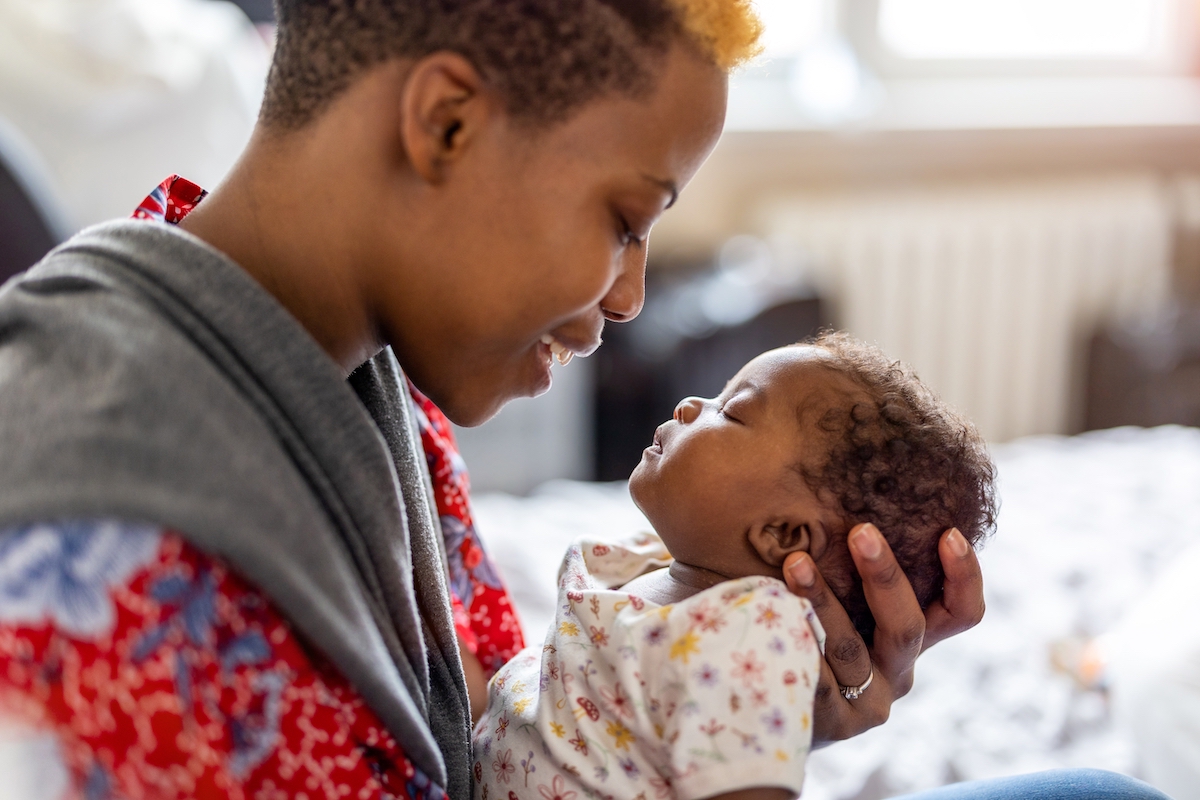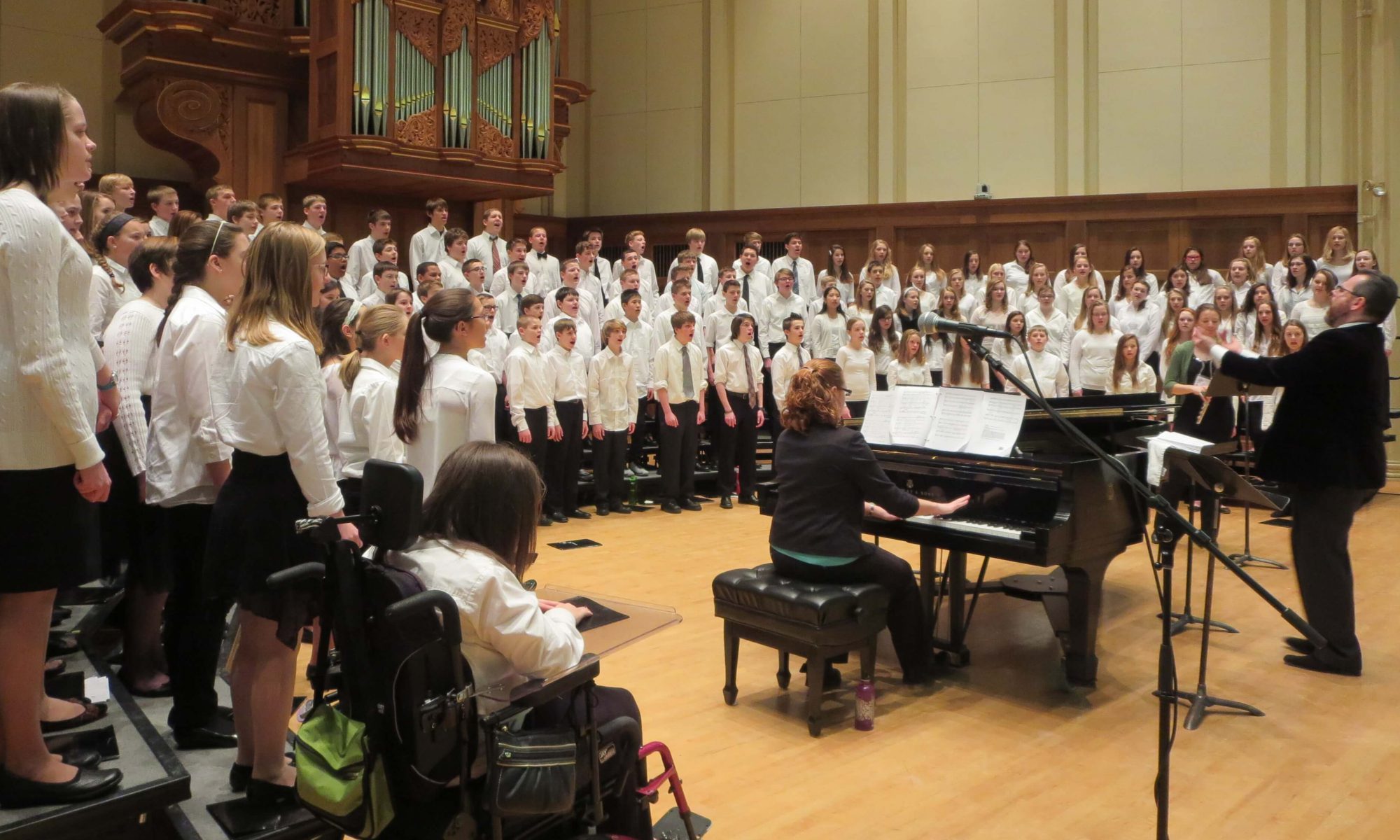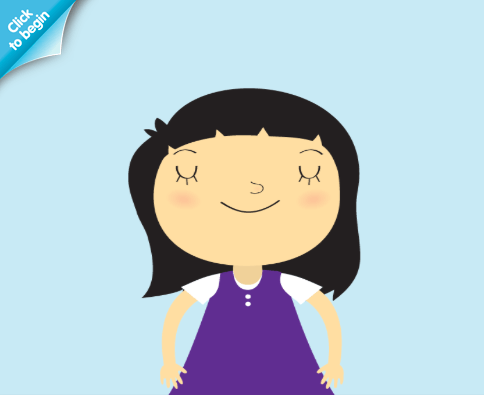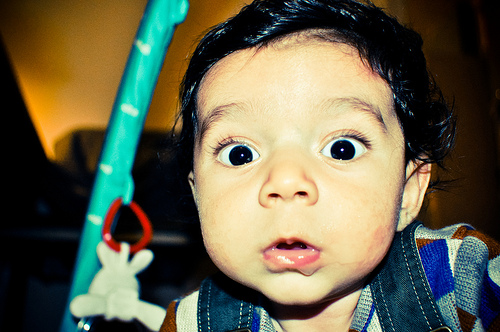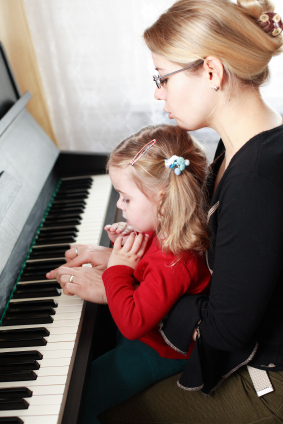Did you know that babies can’t focus on or imitate sounds in a low pitch? It’s OK to sing your favorite low-pitched song to your little one, but mixing in high-pitched kid songs in a head voice is critical to boosting young children’s natural development.
Continue reading “Why High-Pitched Kid Songs Belong on Your Playlist”Why Do You Sing?
[vc_row][vc_column][vc_column_text]

[/vc_column_text][/vc_column][/vc_row][vc_row][vc_column][vc_column_text]I teach my students that it’s the conductors job to make others musically powerful. This concept was crystalized for me by Ben Zander in his TED Talk. If you haven’t watched it, you should! As conductors, we develop a vision and inspire others to realize that vision.
When I work with choirs, I tell it like it is. I tell them what I expect – and to paraphrase my friend and fraternity brother, Karl Paulnack, from his Welcome Address to the parents of incoming Boston Conservatory students – I expect them to save lives with their music.
The Wisconsin Middle Level All State Choir was no different. They sang! They gave away their collective voice, honoring the composers, each other, and the audience. I told them – you never know whose life you might change with your music. I believe that. I believe that there could be someone in that audience whose life is at the crossroads – and honest and selfless art given freely by a group of emotionally connected middle schoolers has the power to pull them down the road that leads to life.
We sang! But we also talked about the music. We talked about the historical context of McCartney’s “Blackbird” – so relevant today. Not about a blackbird, friends. Sir Paul wrote this in response to the riots occurring in ’68 after Dr. King was assassinated. And the middle school musicians ate up this information. You could have heard a pin drop when I talked to them about this.
I have started taking a moment at festivals to ask students why they sing – particularly in choir. One young woman, Scedra (pronounced Say-dra – her name was a combination of the initials of grandmothers and great grandmothers) particularly touched me. Scedra was born 2 months premature. She fit in the palm of your hand. Her father’s wedding ring could slide up her arm to her shoulder with room to spare. Scedra is in a wheel chair. She put her hand up to share why she sang….[/vc_column_text][/vc_column][/vc_row][vc_row][vc_column][blockquote cite=””]“I sing because it makes me feel like flying. I don’t feel like I’m in my chair. It’s like I’m not disabled anymore.”[/blockquote][/vc_column][/vc_row][vc_row][vc_column][vc_column_text]I wept. I’m weeping now typing this. 149 of her new friends instantly applauded her. The smile on her face eclipsed her chair. Scedra is often (at first sight) defined by her wheelchair, but in that moment, she was simply and beautifully a young woman overjoyed to be making music with her new friends.
Scedra and a host of her colleagues shared from their hearts in a room full of people they had just met. Music did this. Music created this place that allowed these people to be who they were (are!) without fear of judgment.
And that is music’s power.
These young men and women changed my life and for that I will be forever grateful.
Thank God, the universe, and all good things for music.[/vc_column_text][/vc_column][/vc_row]
Singing when you’re happy (and you know it!) builds kids’ social-emotional skills
Young children (and parents of young children) instantly recognize the “Happy” song by Pharrell Williams. We feel happy and can’t help but “clap along.” We love this version:
[youtube]https://www.youtube.com/watch?v=uJ4diEohODE[/youtube]
You clapped along, too, didn’t you? It’s easy for adults to acknowledge the “feeling” of happy in the song. However, young children must learn to identify feelings such as happy, sad, angry, scared, surprised, etc. In fact, being able to recognize and label feelings contributes to social-emotional development.
Kindermusik@Home Activity to Help Young Children Identify Feelings
Learning to relate facial expressions with emotions is important just before and during the early school years. For example, when a friend is feeling angry, her face might scrunch up or her eyes might close. When a friend is feeling sad, he might cry or put his head down. If children are going to learn empathy for others, they need to first learn to identify how other people are feeling. Try this sample activity, “How Do You Feel?” from Kindermusik@Home:

Singing Together and Social-Emotional Development
Research shows that when children actively participate in group music and movement activities it supports development in all seven areas of social-emotional development, including communication, relatedness, and cooperativeness.
Learn more Kindermusik at www.kindermusik.com.
Contributed by Lisa Camino Rowell, a freelance writer in the Atlanta area.Bed Time? And do lullabies really work?
“What are you doing? You’re supposed to be going to sleep.”
It’s late at night, and your baby needs to go to sleep. Everything’s been taken care of – clean diaper, quiet house, feeding, burping … so what’s with all that squirming? Maybe all that’s missing is a lullaby.
All research points to yes — lullabies are scientifically proven to lull babies to sleep, stimulate language and cognitive development, as well as strengthen the emotional bond between a parent and child.
This bond is communicated without words. Since your baby can’t yet understand words and language, a lullaby can communicate that everything in the house is taken care of, there is no danger, and so much love that a voice is literally lifted into song.
See (or sing) for yourself
Many thanks to Kindermusik parent, Janice Müller, who filmed this video of herself singing her baby to sleep with a lullaby in the Zulu language. Janice is enrolled in Brandy Butler’s Kindermusik class in Switzerland.
You can watch the video and hear Janice sing here: Click the Oct. 1 blog post.
Janice writes:
“If you want to hear the legendary Miriam Makeba do it justice: click here. The words and translation:”
Tula Baba | Traditional Zulu lullaby
Thula thul, thula baba, thula sana,
Tul’ubab ‘uzobuya ekuseni
Thula thul, thula baba, thula sana,
Tul’ubab ‘uzobuya ekuseni
Kukh’in khan-yezi, zi-holel’ u baba,
Zim-khan yi-sela indlel’e ziyak-haya,
Sobe sik hona xa bonke be-shoyo,
Be-thi bu-yela u-bu-ye le khaya,
Thula thula thula baba,
Thula thula thula sana,
Thula thula thula baba,
Thula thula thula san.
English Translation
Hush, little man, hush, child of mine
Daddy is coming in the morning
Hush, my child, hush, my son
Hush, Daddy is coming from the mountains
We will be here, as the saying goes
They were saying; come back home
We will be here, as the saying goes
I say come back, my child, come to your home
Hush, hush, my son
Hush, hush, my little man
Hush, hush, my child
Hush, hush, my little man
Keep quiet my child
Keep quiet my baby
Be quiet, daddy will be home by dawn
There’s a star that will lead him home
The star will brighten his way home
The hills and stones are still the same my love
My life has changed, yes my life has changed
We’re working to celebrate the diversity of languages around the world, as well as to preserve the lullabies from disappearing languages, and we’d love your help. Do you have a favorite lullaby in your mother tongue? Let us know, and check out “The Mother Tongue Lullaby Project,” a special effort from ABC English & Me.
When you run out of words
 This post was shared with Minds on Music from Kindermusik educator Analiisa Reichlin.
This post was shared with Minds on Music from Kindermusik educator Analiisa Reichlin.
I sat at the dining room table with my head in my arms and just sobbed. Our studio email accounts had disappeared, our website was being migrated from a very slow, old server to a new one, and the ½ hour project turned into a week-long nightmare, and the site was down during our busiest time of the year.
Our dog Buddy had been bitten or stung by something, and had gone into anaphylactic shock. In addition, after 3 years of deals falling through at the last moment, we were just about to put an offer in on a house. But that was before the unexpected expenses that wiped our savings out.
It was only 7:30am on Tuesday. And the week really didn’t get much better. I’m sure you’ve had weeks like that, too. But before this gets too depressing…
I found myself frequently bursting into song this week. And of all the odd things – hymns from my childhood. There was something comforting about them. I began wonder why.
I remember when I took my husband-to-be, Karl, to his first musical – Showboat. I grew up on musicals, and went to as many as I could when I lived in New York City. So I was totally dumbfounded when he turned to me shortly into the first act and said, “They just burst into song. Why did they do that?”
I’m thinking, “Well, it’s a musical.”
Years later I asked [my Kindermusik partner] Miss Allison (with her degree in musical theater), why do they burst into song? And she said that the character has reached the point where the emotional intensity of the moment can no longer be conveyed with words.
So this week, when I ran out of words, I found myself singing. But why the hymns? Certainly because the words brought me comfort. But also because when I sang them, I was brought back to the time when I was young, surrounded by my family, in a moment when I felt very loved, and at peace. Where I needed to be emotionally this week.
I got to thinking…What songs did I sing to my babies, and now with my children? Because those are the songs that they are going to sing when they are grown up and need to remember the emotional security and comfort of those who loved them best.
-by Miss Analiisa, who knows that the math formulas she teaches her children may not be remembered when they are older, but the music and songs she instills in them will be in their memories forever.

